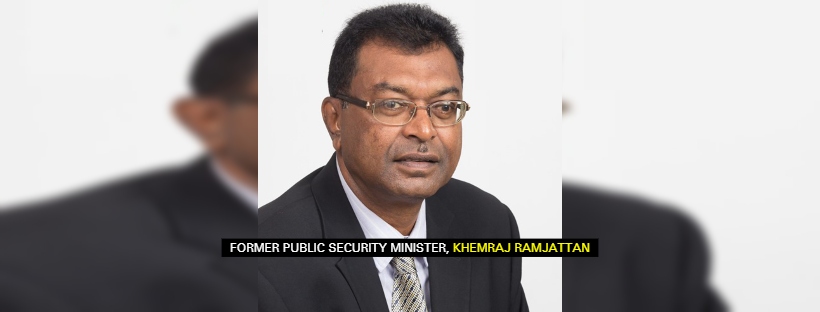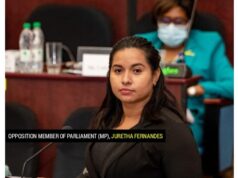The Government of Guyana is seeking to make amendments to the Police Act to redefine the parameters of what constitutes non-lethal weapons, and the power of police officers to bear same in the conduct of their duties. That bill was passed this morning by the House. It provides that “less-lethal weapons” is redefined to include nightsticks, batons and clubs; chemical irritants, including a pepper spray and tear gas; conducted electrical weapons, including a taser or stun gun; kinetic impact projectiles, including rubber bullets; or a water cannon.
Home Affairs Minister, Robeson Benn said that the amendments were overdue, noting the number of altercations and instances of resisting arrest that put officers with limited resorts in danger.
More recently, an Essequibo businessman, Orin Boston was shot dead in his Dartmouth home during an alleged confrontation with police. The incident is a controversial one, with family members and residents reporting that the businessman was unarmed and shot in his bed in front of his wife and children. The force has since received condemnation from several sections of society, labelling the its actions as disturbingly excessive. An investigation was subsequently launched but no officer has been publicly reprimanded.
Former Public Security Minister and Opposition Member of Parliament, Khemraj Ramjattan referred to the aforementioned incident, noting the alleged lack of professionalism on the part of the Special Weapons and Tactics Unit (SWAT). He said that despite the team having guns in its possession, there was no restraint. He concluded that while the use of enhanced technology in the force in welcomed, officers must be well trained to operate said equipment and to exercise restraint.
His sentiments were shared by his colleague, former Magistrate and Opposition MP, Geeta Chandon-Edmond, who posited that incorrect use of tasers can lead to death or serious injuries.
Government MP, Sajeev Datadin in his remarks to the House, welcomed the proposed changes. He said that against the backdrop of the crime situation, or perception of increased crime, clamours for improved policing must be answered with the inclusion of enhanced tools. Batons, he said, maybe inefficient, while guns are overly excessive. Non-lethal weapons are the “middle ground”, but they must be cutting edge to deliver optimal results while limiting instances of injuries and death, he told the House.











